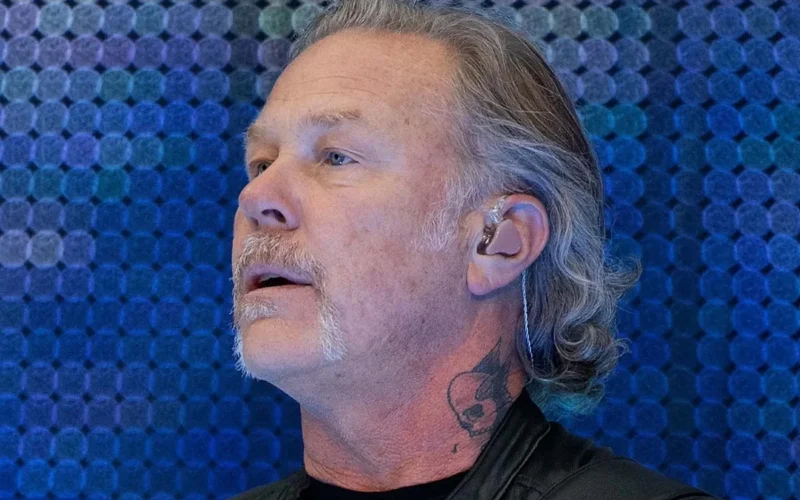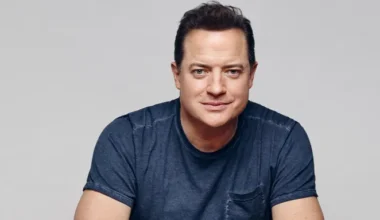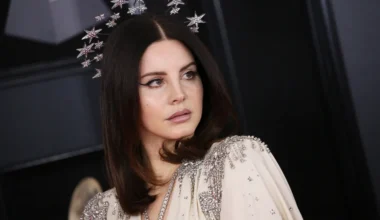James Hetfield was touched to see young fans with their parents on the sixteenth episode of The Metallica Report. The podcast provides weekly insider updates on all things Metallica. In the podcast, after seeing young fans with their parents, he said:
“I never got to go to gigs with my parents. My older brother brought me to my first gigs, which is — it will always live in my heart as a fantastic memory. So getting to see, whether it’s the kid bringing the parent or vice versa, you get to see that connection and there’s a connection between two generations that I’m just super grateful to be a part of.”
We know that James had a difficult childhood. He had problems with his family’s religious beliefs, and he lost his mother at a young age. He wrote ‘Mama Said’ and ‘The God That Failed’ as a tribute to his late mother.
James Hetfield’s Tragic Childhood
There is a heartbreaking story behind Hetfield’s emotional reaction to seeing his young fans with their parents. He lost his mother two years after his father abandoned his family. In 2022, in an interview with The New Yorker, James Hetfield opened up about his childhood. He said:
“I went off to church camp, and I came back and he (his father) was gone. We watched her (his mother) wither to nothing. She had religion around her, inside her. She had practitioners coming over. But the cancer was stronger. I thought she cared more about religion than she did her kids.”
For a long time, Hetfield was angry that his mother had rebuffed doctors, and he later expressed these feelings in his lyrics.
Hetfield On His Lyrics In ’72 Seasons’
James Hetfield started to share his more personal struggles in his songs with the ‘Black Album.’ Since then, he has been sharing these problems more and more in his lyrics. In an interview with Steffan Chirazi about their new album ’72 Seasons’, Hetfield talked about how he reflects his emotions in his lyrics. He said:
“That purging… seeing ‘why’ the pain. Also, obviously, doing a lot of soul-searching and working on self… all these lyrics have surfaced. And it makes sense to give them a place to speak, and put them in certain scenarios. In certain songs, there’s a kid, there’s not a kid, there’s an adult, there’s a whatever. But to let them have a voice and to include them in me.”
You can watch the full interview below.







